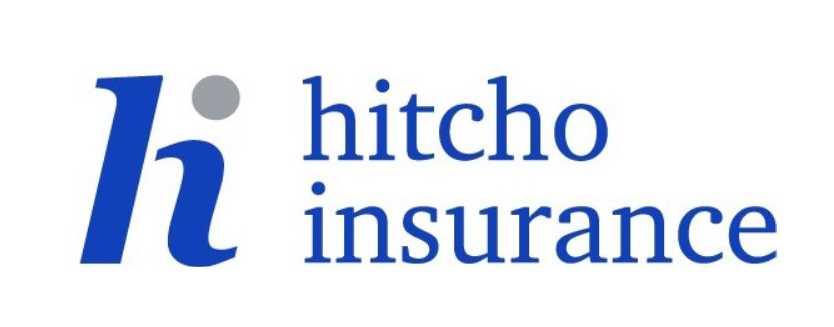Medicare and Medicaid are two government-run health insurance programs in the United States. They are both designed to help people pay for medical care, but there are some key differences between the two programs.
Medicare
Medicare is a federal health insurance program for people who are 65 or older, or who have certain disabilities or medical conditions. It is funded by payroll taxes and general revenue. Medicare has four parts:
- Part A: Hospital insurance
- Part B: Medical insurance
- Part C: Medicare Advantage plans
- Part D: Prescription drug coverage
Medicaid
Medicaid is a joint federal and state health insurance program for people with limited income and resources. Eligibility requirements and benefits vary from state to state. Medicaid covers a wide range of services, including:
- Doctor visits
- Hospital stays
- Prescription drugs
- Long-term care
- Mental health care
- Dental care
- Vision care
Key Differences Between Medicare and Medicaid
| Characteristic | Medicare | Medicaid |
|---|---|---|
| Administered by | Federal government | Federal and state governments |
| Eligibility | Age 65 or older, or have certain disabilities or medical conditions | Limited income and resources |
| Cost | Varies depending on the part of Medicare and the person’s income | Varies depending on the state and the person’s income |
| Benefits | Hospital insurance, medical insurance, prescription drug coverage, and Medicare Advantage plans | Wide range of services, including doctor visits, hospital stays, prescription drugs, long-term care, mental health care, dental care, and vision care |
Which Program Is Right for You?
If you are 65 or older, or have certain disabilities or medical conditions, you may be eligible for Medicare. If you have limited income and resources, you may be eligible for Medicaid. You can also be eligible for both Medicare and Medicaid.
To find out which program is right for you, you can contact your state Medicaid office or the Social Security Administration. You can also visit the Medicare and Medicaid websites for more information.
Additional Considerations
- If you are eligible for both Medicare and Medicaid, you may be able to qualify for a Medicare Savings Program (MSP). MSPs can help you pay for Medicare Part A and Part B premiums, deductibles, copays, and coinsurance.
- Medicaid also offers a number of waiver programs that can provide additional coverage and services to certain populations, such as people with disabilities, people living with HIV/AIDS, and people who need long-term care.
- If you are not eligible for Medicare or Medicaid, there are a number of other health insurance options available, including private health insurance plans and government-subsidized plans through the Health Insurance Marketplace.
Conclusion
Medicare and Medicaid are two important health insurance programs that help millions of Americans get the medical care they need. If you are unsure which program is right for you, contact your state Medicaid office or the Social Security Administration for more information.





